Contents
Guide
Page List
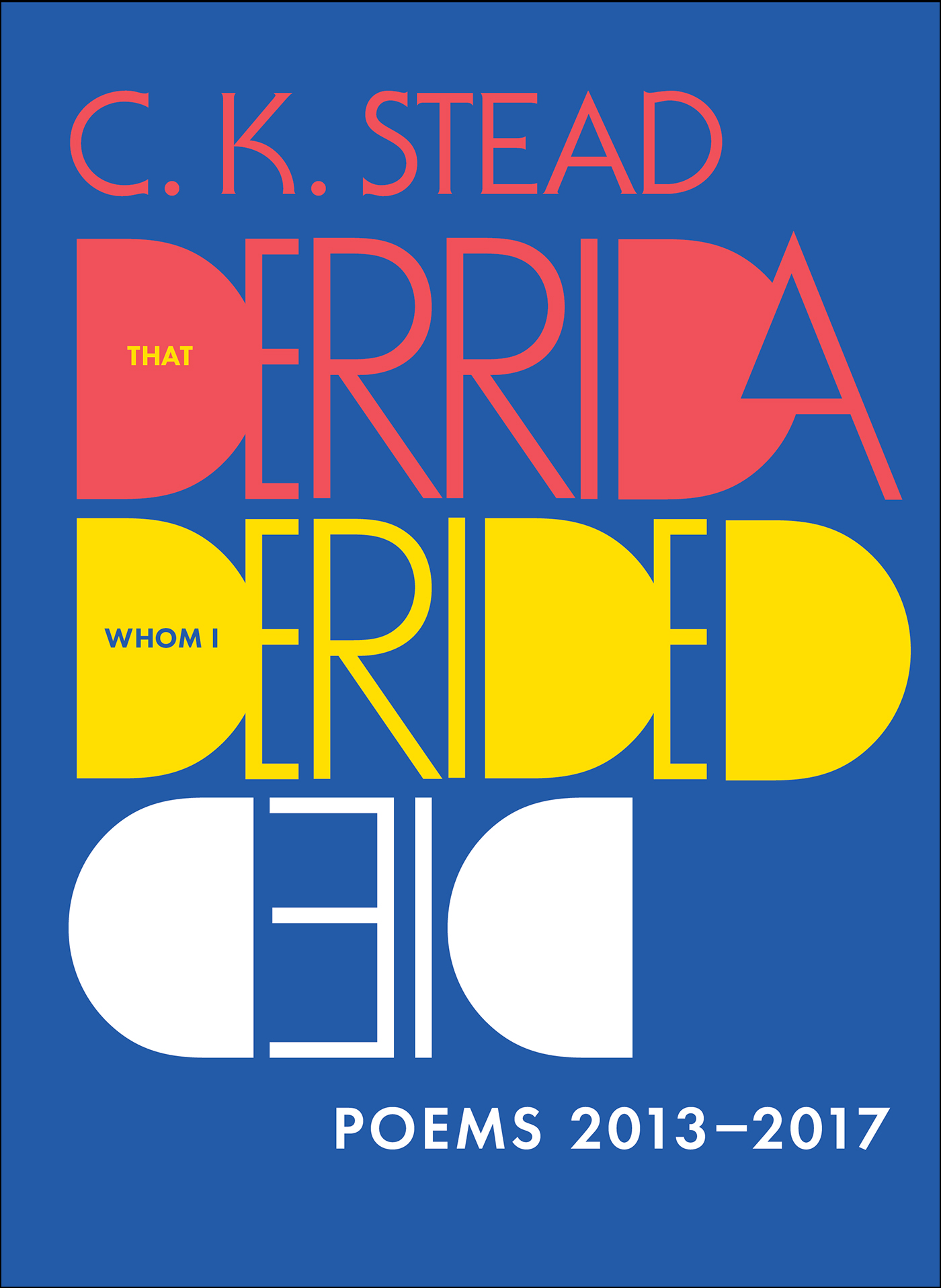 Praise for The Yellow Buoy:
Praise for The Yellow Buoy: It is a book full-bodied in its embrace of life, and the presence of the dying or dead underscores the strength of that embrace. Understood as a sustained reflection on the approach of death,
The Yellow Buoy is the most moving and most satisfying of all Steads books of poetry. Michael Hulse,
New Zealand BooksPraise for South-West of Eden: a work of literature in its own right, revealing the authors mastery of yet another mode, the literary memoir. Lawrence Jones,
Otago Daily Times [A] wonderful evocation of his childhood years in an Auckland in some ways barely recognisable today suffused with the honesty, the insights and the narrative skills we have come to expect and hugely enjoy from Stead. Garry Sheeran,
The IndependentPraise for Collected Poems: This ancient poetic theme how to live in order to live beyond life runs throughout this massive book, unifying the staggering profusion of forms and contents and linguistic registers. Justin Clemens,
The AustralianBY THE SAME AUTHORPoetryWhether the Will is FreeCrossing the BarQuesadaWalking WestwardGeographiesPoems of a DecadeParisBetweenVoicesStraw into GoldThe Right ThingDogThe Red TramThe Black RiverCollected Poems 19512006The Yellow Buoy: Poems 20072012FictionSmiths DreamFive for the Symbol (stories)All Visitors AshoreThe Death of the BodySister HollywoodThe End of the Century at the End of the WorldThe Singing WhakapapaVilla VittoriaThe Blind Blonde with Candles in her Hair (stories)Talking about ODwyerThe Secret History of ModernismMansfieldMy Name Was JudasRiskThe Necessary AngelCriticismThe New PoeticIn the Glass CasePound, Yeats, Eliot and theModernist MovementAnswering to the LanguageThe Writer at WorkKin of Place: Essays on 20New Zealand WritersBook Self: The Reader as Writerand the Writer as CriticShelf Life: Reviews, Replies and ReminiscencesAutobiographySouth-West of EdenEditedNew Zealand Short Stories (2nd series)Measure for Measure (a casebook)The Letters and Journals of Katherine Mansfield: A SelectionCollected Stories of Maurice DugganFaber Book of Contemporary South Pacific StoriesWerner Formans New Zealand
Poems in this collection have appeared in the following periodicals, books, and websites: New Zealand: the International Institute of Modern Letters
Best New Zealand Poems,
broadsheet: new new zealand poetry,
Courage, Commitment, Comradeship: 75 Years of the Royal New Zealand Navy,
Landfall,
Manifesto Aotearoa: 101 Political Poems (ed.
Philip Temple & Emma Neale), New Zealand Books, New Zealand Listener, my own Poet Laureate Blog 20152017, Paula Greens Poetry Shelf, Sport, takah, Turnbull Library Record, The Spinoff; UK: Arete, The Arts of Peace: An Anthology of Poetry (ed. Adrian Blamires & Peter Robinson), Five Dials, The Hippocrates Book of the Heart (ed. Wendy French, Michael Hulse & Donald Singer), Paula (poems for Paula Rego), POEM, The Poetry Review, PN Review, Scottish Review of Books, Stand, and The Warwick Review; U.S.: Poetry. A small selection, with the title In the mirror, and dancing, was made to conclude my period as poet laureate and published in 2017 under the aegis of the Alexander Turnbull Library in an edition of eighty-five signed and numbered copies, beautifully designed and printed by Brendan OBrien and with accompanying drawings by Douglas MacDiarmid. I am grateful for constant kind attention during my period as laureate from Chris Szekely, chief librarian, and Peter Ireland, at the Alexander Turnbull Library; to the Matahiwi marae for the welcome I and my whanau received there, and to their carver, Jacob Scott, for the tokotoko, prized symbol of my laureateship; and to John and Toby Buck at Te Mata wines for my two years of the excellent laureates tipple. Some of these poems formed a group that won the 2014 Sarah Broom Poetry Prize, which commemorates the life and writing of poet Sarah Broom whose funeral is the subject of the poem on p. 29.
I have added notes on some of the poems at the back of the book.
Contents
CARTOONS and CONTEMPORARIES
An Horatian ode to Fleur Adcock at eighty
When I wanted only to sing war and hunting it was Phoebus warned me remember sooner friends of your youth, especially that princess of quiet fire from a southern city she of the classic lyre on which she counted lovers one perhaps a prince one a certain pirate too many to remember until in middle life she gave them all away denied herself meat and tobacco in favour of her familys fables and deftest celebrations of the life of things with feelers and wings. All thats fine in Fleur I celebrate and sing as you commanded Phoebus but on my solo string and sounding from so far gone in an instant and I still wanting war and hunting.
The moon
for Diane Six decades after I wrote them an old friend sends back love poems and a letter. Beautiful she calls them, but the letter makes her lament the grief she gave. The critic in me cringes at my sonnets lugubrious rhyming and a plangent prose that owes too much to
Gatsby.
Do I remember the writing? Faintly, yes but as we recall the dead, or a landscape of gold and shadows under a lambent moon. Theres a smiling snap-shot too, a smouldering twenty-year self fond of ballroom dancing and tennis. In the letter are dark streets wet with rain, and Im carrying flowers, head full of her loving words just whispered over the phone. But at her gate I see shes with her new suitor, the golfing lawyer she will one day marry. I retreat, wounded, noticing now the moon more silver than gold. Are these relics to be kept? Two aged friends once long ago in love debate by e-mail, and in the moons absence, Your archive or mine?
That Derrida whom I derided died
We are dispossessed of the longed-for presence in the gesture oflanguage by which we attempt to seize it. JACQUES DERRIDA Derrida, enemy of plain sense, my enemy too determined not to be grasped since understanding was first step on the road to control how I disliked you in the years when your flame swept through the Anglophone world and had it speaking in tongues.
Algeria you loved but lived in abstract France and the beds of its beautiful women never coming down in favour of this or that because commitment, too, was a weapon in enemy hands. America, whom you taught Outside the text theres nothing loved you, took you to its hot, hard heart. I see you glance back over your shoulder, handsome face, white hair, keen smile of the intellect loyal to nothing but itself. Critical parricide, fastest brain out of the blocks, how much better you knew your Rousseau than he knew himself! I see you on the Paris doorstep of Sylviane who bore your child and whom, unasked, you are visiting in a dream. You are a ghost now truly, but the ghost of Derrida a voice in the halls, a word on the page,


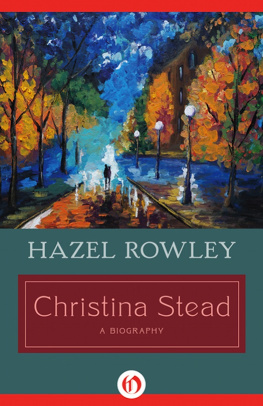

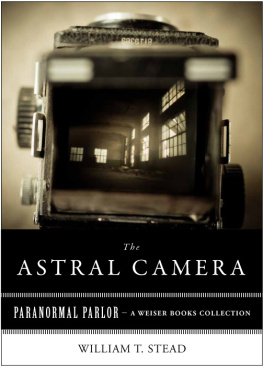
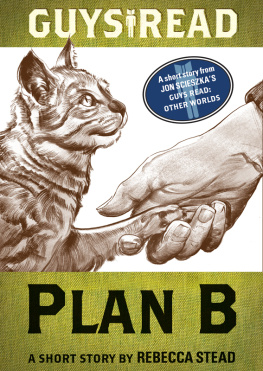
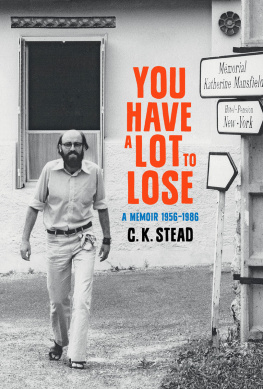
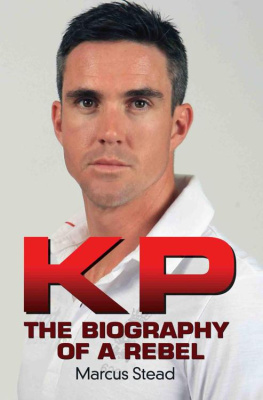
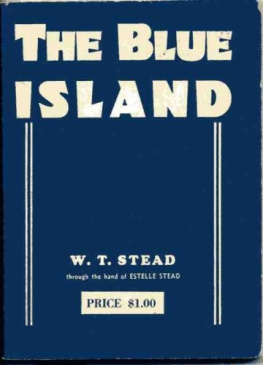
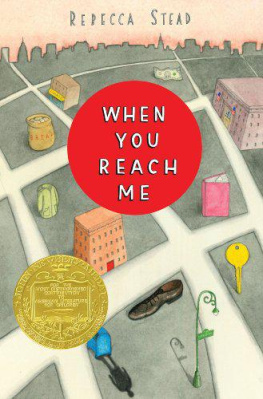
 Praise for The Yellow Buoy: It is a book full-bodied in its embrace of life, and the presence of the dying or dead underscores the strength of that embrace. Understood as a sustained reflection on the approach of death, The Yellow Buoy is the most moving and most satisfying of all Steads books of poetry. Michael Hulse, New Zealand BooksPraise for South-West of Eden: a work of literature in its own right, revealing the authors mastery of yet another mode, the literary memoir. Lawrence Jones, Otago Daily Times [A] wonderful evocation of his childhood years in an Auckland in some ways barely recognisable today suffused with the honesty, the insights and the narrative skills we have come to expect and hugely enjoy from Stead. Garry Sheeran, The IndependentPraise for Collected Poems: This ancient poetic theme how to live in order to live beyond life runs throughout this massive book, unifying the staggering profusion of forms and contents and linguistic registers. Justin Clemens, The AustralianBY THE SAME AUTHORPoetry
Praise for The Yellow Buoy: It is a book full-bodied in its embrace of life, and the presence of the dying or dead underscores the strength of that embrace. Understood as a sustained reflection on the approach of death, The Yellow Buoy is the most moving and most satisfying of all Steads books of poetry. Michael Hulse, New Zealand BooksPraise for South-West of Eden: a work of literature in its own right, revealing the authors mastery of yet another mode, the literary memoir. Lawrence Jones, Otago Daily Times [A] wonderful evocation of his childhood years in an Auckland in some ways barely recognisable today suffused with the honesty, the insights and the narrative skills we have come to expect and hugely enjoy from Stead. Garry Sheeran, The IndependentPraise for Collected Poems: This ancient poetic theme how to live in order to live beyond life runs throughout this massive book, unifying the staggering profusion of forms and contents and linguistic registers. Justin Clemens, The AustralianBY THE SAME AUTHORPoetry Poems in this collection have appeared in the following periodicals, books, and websites: New Zealand: the International Institute of Modern Letters Best New Zealand Poems, broadsheet: new new zealand poetry, Courage, Commitment, Comradeship: 75 Years of the Royal New Zealand Navy, Landfall, Manifesto Aotearoa: 101 Political Poems (ed.
Poems in this collection have appeared in the following periodicals, books, and websites: New Zealand: the International Institute of Modern Letters Best New Zealand Poems, broadsheet: new new zealand poetry, Courage, Commitment, Comradeship: 75 Years of the Royal New Zealand Navy, Landfall, Manifesto Aotearoa: 101 Political Poems (ed.